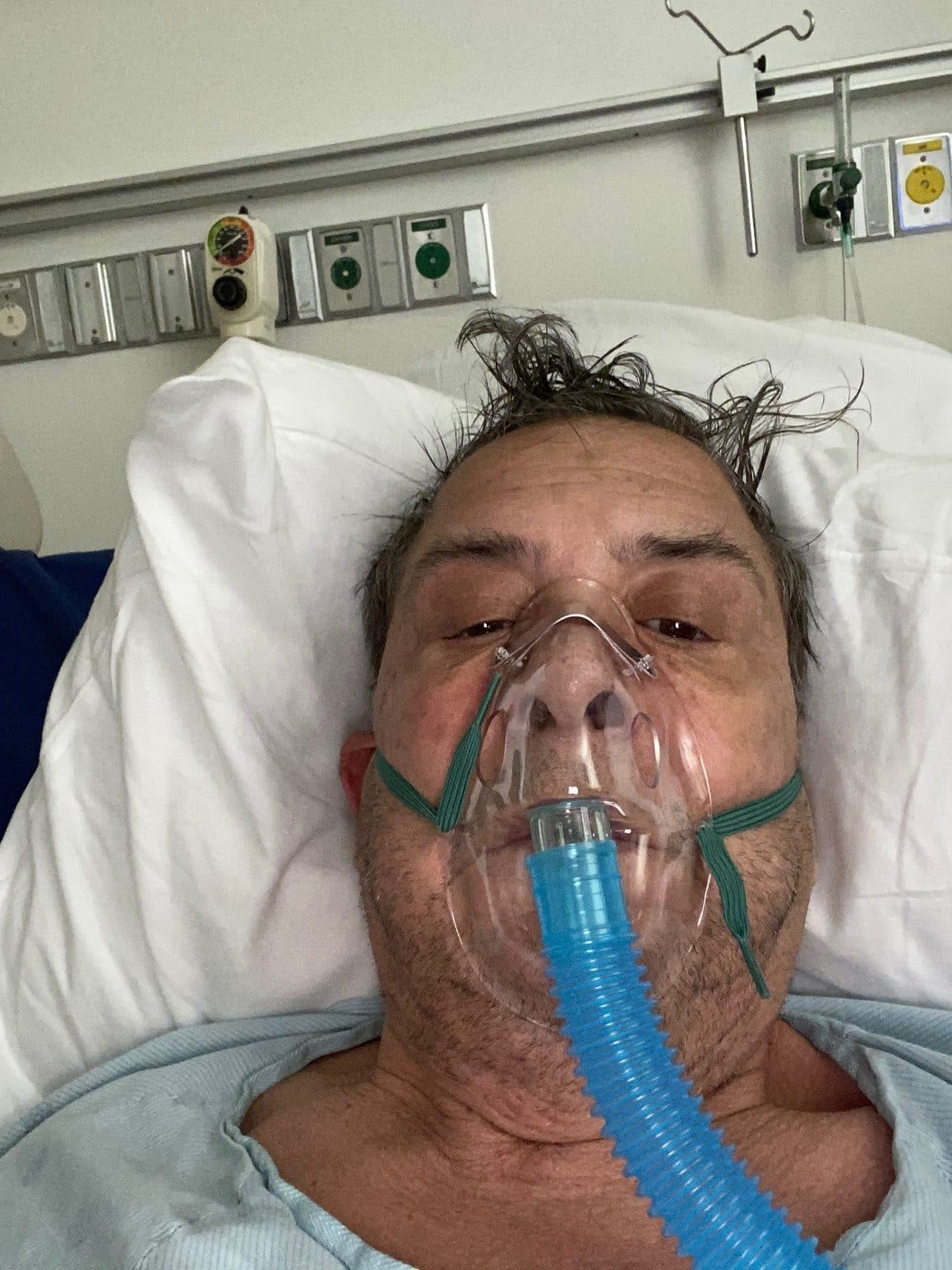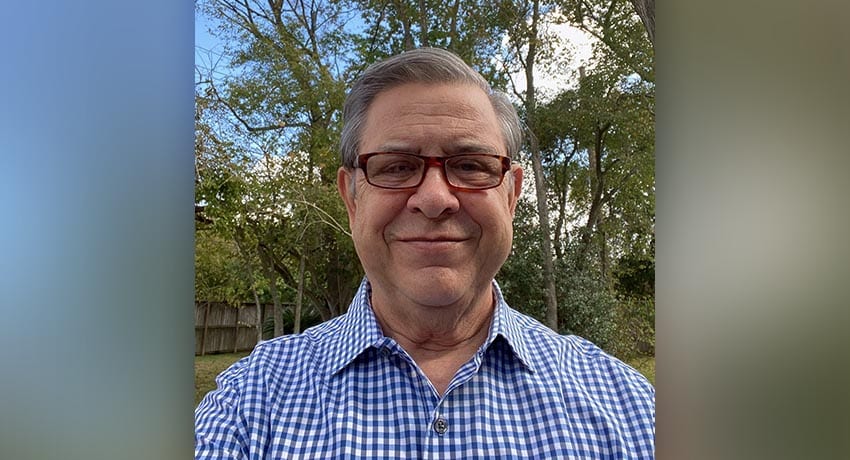Diagnosed with Type 2 diabetes 15 years ago, Jorge Zambra had managed to get his health under control through diet, exercise, and the help of his endocrinologist at UT Physicians, Philip Orlander, MD. Even with his condition in check, nothing could prepare him for how the coronavirus would affect his physical and mental well-being.
Contracting COVID-19
Zambra, a former employee of UTHealth, was careful once the pandemic began – only going out for groceries once a month, consistently wearing a mask, and washing his hands. So, when he came down with a terrible headache one day, he thought nothing of it.
“Living in Houston, I just figured it was related to allergies which are common in the spring,” Zambra recalled.
However, after days with no relief or explanation for his ongoing headache, he sought out testing for COVID-19. The results were positive and he was shocked.
“I have no idea how it happened, but that just goes to show you how dangerous of a virus it is,” said Zambra.
It wasn’t long after his diagnosis that he was brought into the emergency room and eventually admitted into the intensive care unit at Memorial Hermann-Texas Medical Center, due to low oxygen levels.

In the hospital, part of Zambra’s treatment plan was oxygen therapy and steroids – a typical combination for COVID-19 patients. Unfortunately, steroids have been known to significantly increase glucose levels, which poses a problem for patients with diabetes.
“This is an extremely common occurrence,” said Orlander, who is also a professor, division director, and vice chair of endocrinology, diabetes, and metabolism at McGovern Medical School at UTHealth, as well as a distinguished teaching professor of UT System. “Whether or not a patient enters the hospital for COVID-19 treatment with their diabetes under control, they will experience challenges with their glucose levels because of the steroid medication.”
For the first time in his life, Zambra was insulin-dependent. With his blood sugar sometimes reaching the upper 300s after taking his steroid medication, the insulin was necessary to prevent other complications.
After a two-week battle with coronavirus in the hospital, he was finally sent home with orders of rest and additional oxygen therapy, only to have one more fight ahead of him.
“For weeks, all my strength was devoted to beating this illness from a physical standpoint. I had no time to think about anything else,” he said. “Once that was done, depression hit.”
Zambra describes it as a cloud that is constantly hanging over him. With every sneeze, headache, or pain, his mind immediately wonders “Is it back?”
Recovering
Today, Zambra says that physically he is back to normal. His Type 2 diabetes is being managed without insulin. As for his mental well-being, he shares that there is still work to be done to get him back to where he was before COVID-19.
To process what he went through, Zambra is seeing a counselor and putting pen to paper – to date he has composed several poems about his experiences in the hospital.
“It’s not easy, but I have a great support system,” he said. “Dr. Orlander, my former colleagues at UTHealth, friends, and family have sent me messages of comfort that I cherish as I continue to heal. I am so grateful to God for giving me another chance at life.”


